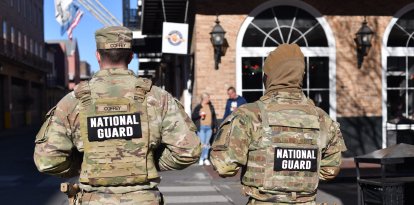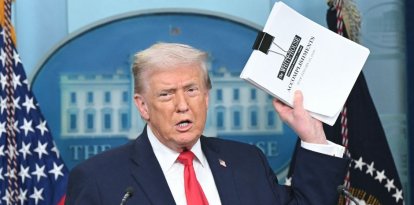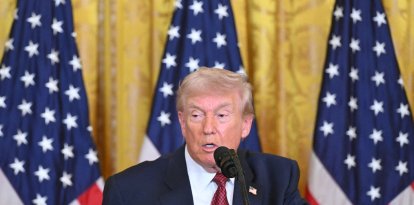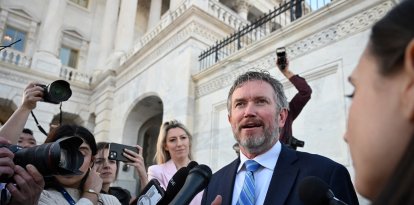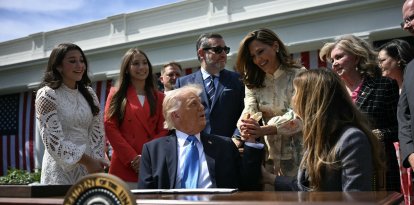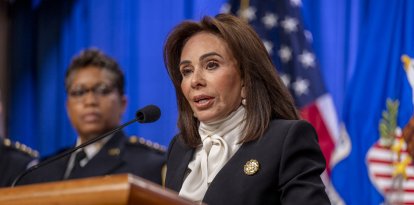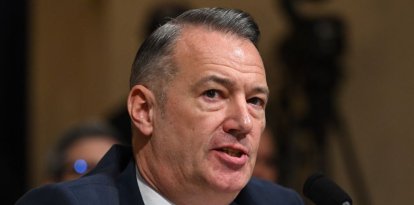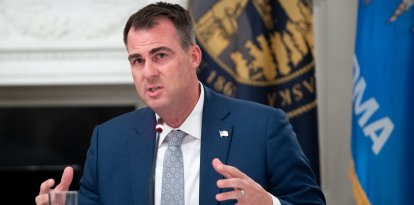ANALYSIS
The study that defies the Democratic narrative: Ten years later, voter ID laws increased voter turnout in Wisconsin
According to results obtained by the Wisconsin Institute for Law and Liberty (WILL), no negative effects were found among minorities either.
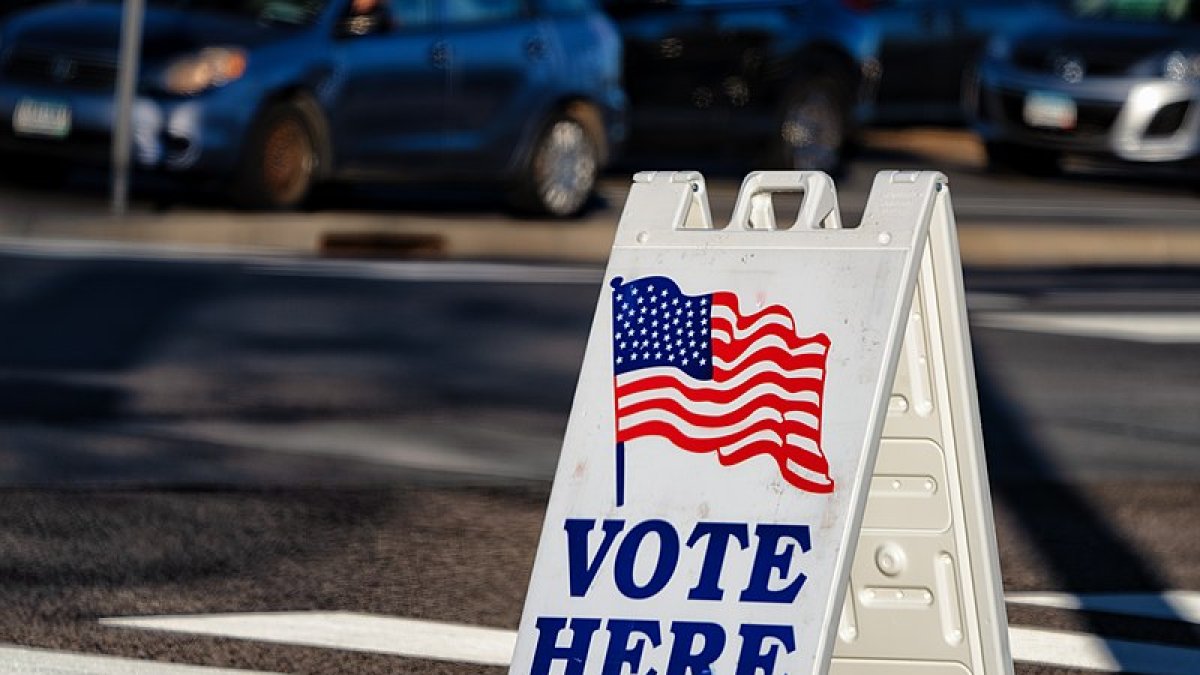
The study covered 20 years of elections in Wisconsin/ Tony Webster.
For years, Democrats harshly challenged state laws requiring a citizen to identify himself or herself with some sort of document before voting, commonly known as voter ID laws. Among other things, they claim they lower voter turnout and especially target minorities. Without going too far, in 2021 President Joe Biden spoke of a Georgia law as discriminatory, even calling it "Jim Crow 2.0."
Merrick Garland, attorney general for the Biden Administration, expressed the following while speaking at an Alabama church, "We are challenging efforts by states and jurisdictions to implement discriminatory, burdensome, and unnecessary restrictions on access to the ballot, including those related to mail-in voting, the use of drop boxes, and voter ID requirements. That is why we are working to block the adoption of discriminatory redistricting plans."
With this in mind, they attempted to reverse any and all voter ID laws across the country. They did so through a law dubbed For the People's Act, or HR 1. This 2021 legislation would have federalized the electoral system in the United States, forcing states to implement early voting, automatic voter registration and same-day registration. It would, of course, have overridden existing voter ID laws, thus allowing individuals to vote nationwide by signing a statement affirming that they are who they say they are.
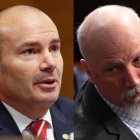
Politics
Understanding the SAVE Act: The Republican plan to restrict federal voting to US citizens
Joaquín Núñez

Politics
Despite electoral disaster, Kamala Harris remains favorite for Democratic voters heading into 2028
Alejandro Baños
The bill had the support of the White House and Democratic leadership in both chambers, but ultimately stalled in the Senate.
In the 2024 presidential election, 35 states required voters to present identification, 23 of which expressly asked for photo ID. The remaining 15 states did not require any form of ID at the time of voting.
One of the states requiring ID is Wisconsin, where this has been in effect since then-Gov. Scott Walker signed Act 23. While it had to go through arduous legal battles, it went into effect in mid-2015.
"The law I signed that requires photo identification to receive a ballot is about making it easy to vote, but hard to cheat," former Governor Walker, who currently serves as director of Young America's Foundation (YAF), told VOZ.
Nearly ten years later, a study conducted at Badger State came to conclusions that could prove uncomfortable for more than one Democrat. According to its findings, since the implementation of this law, voter turnout increased in Wisconsin and no "evidence of a negative effect on minority voters" was found.
The Wisconsin study that makes Democrats uncomfortable
“Doing the Math: How Voter ID Laws Affect Turnout in Wisconsin,” so christened the study from the Wisconsin Institute for Law and Liberty (WILL).
The fact that it was released early this 2025 is not coincidental, given that in mid-April Wisconsin will vote on whether or not to include voter ID in the state constitution.
Turning to the study, it compared voter turnout including a twenty-year period, from 2004 to 2024, taking into account presidential and gubernatorial elections.
"Turnout can be impacted by many factors beyond voter ID laws, so we included these key control variables to ensure we isolated the law’s true impact. Our dependent variable is the percentage of the voting age population that voted in each of our elections of interest," explained the WILL.
More voter turnout and "no negative effect on minorities"
As for the numbers, voter turnout in Wisconsin increased since the implementation of voter ID. Indeed, turnout in the 2024 presidential election was 72.6%, higher than in 2020, 2016, 2010 and 2006, when there was no voter ID law. It was only barely higher in 2004, when George W. Bush and John Kerry achieved a 73.2% turnout.
The scenario is similar in gubernatorial elections, given that the two elections following the implementation of voter ID, 2018 and 2022, had higher turnout than those of 2014, 2010 and 2006.


Society
El gobernador de Wisconsin recibe duras críticas por reemplazar la palabra "madre" con "persona inseminada" en un plan fiscal
Emmanuel Alejandro Rondón
"No Evidence of Turnout Suppression. The study finds no statistically significant negative impact of Wisconsin’s voter ID law on overall voter turnout. In fact, turnout has slightly increased since the law’s implementation," noted the WILL, adding that they found "no negative effect on minorities.
At the same time, they remarked that there are external variables that impact participation in a more significant way. For example, socioeconomic factors, such as poverty rates and education levels, "have a higher correlation with voter turnout than voter ID laws." "The study found that higher poverty rates and lower education levels were associated with lower participation, independent of voter ID requirements," they explained.
"Voter ID laws increase public confidence in elections"
VOZ spoke exclusively with Will Flanders, research director of the Wisconsin Institute for Law and Liberty, who asserted that "voter ID laws increase public confidence in elections."
In turn, he said voter ID laws are a "common sense way" to increase that confidence.
"Voter ID laws have become a trigger for those on the left who want to believe the right is out to suppress voting. To the extent those fears are genuine, our results should work to assuage concerns about vote suppression," he added.
What do the polls say about voter identification?
Leading up to the last presidential election, the Pew Research Center conducted a national poll on voter ID laws. According to the poll, the slogan "require all voters to show a government-issued photo ID in order to vote" garnered broad bipartisan support.
Indeed, it won the approval of 95% of Republicans, 81% of independents and 69% of Democrats, achieving an average of 81% support among Americans.
"Voter ID laws are broadly supported by the public—even among Democrats. For supporters of voter ID requirements, it’s important to protect them from later challenges—either through legislation or legal cases," Flanders analyzed.















